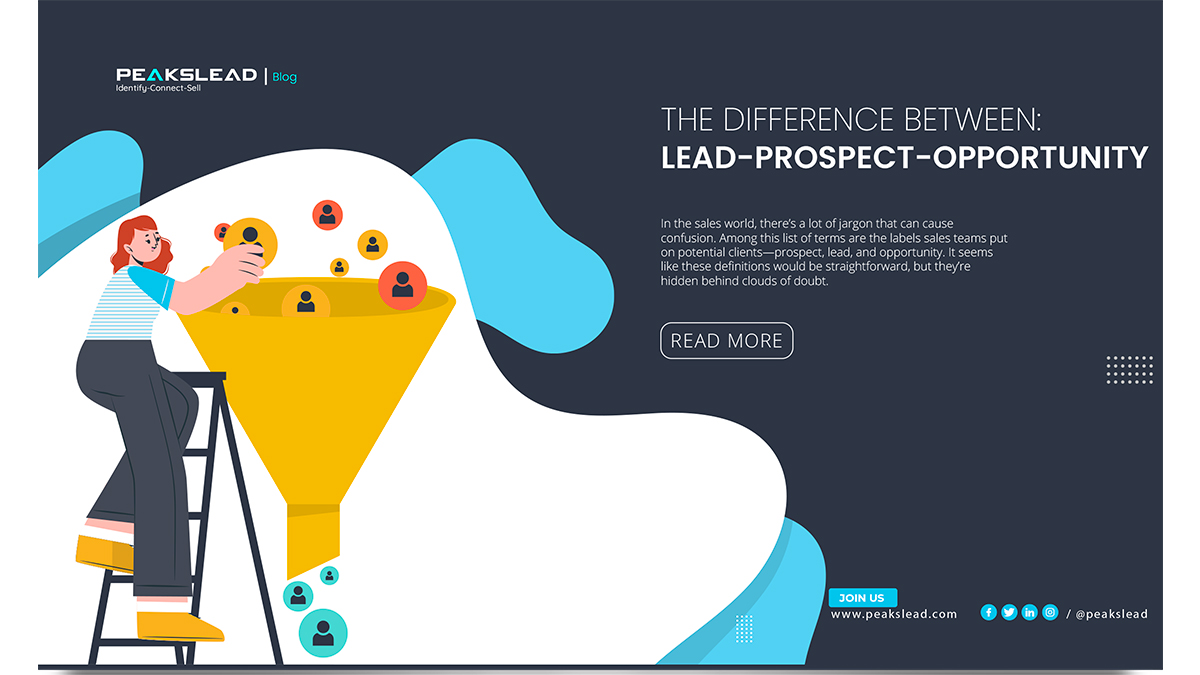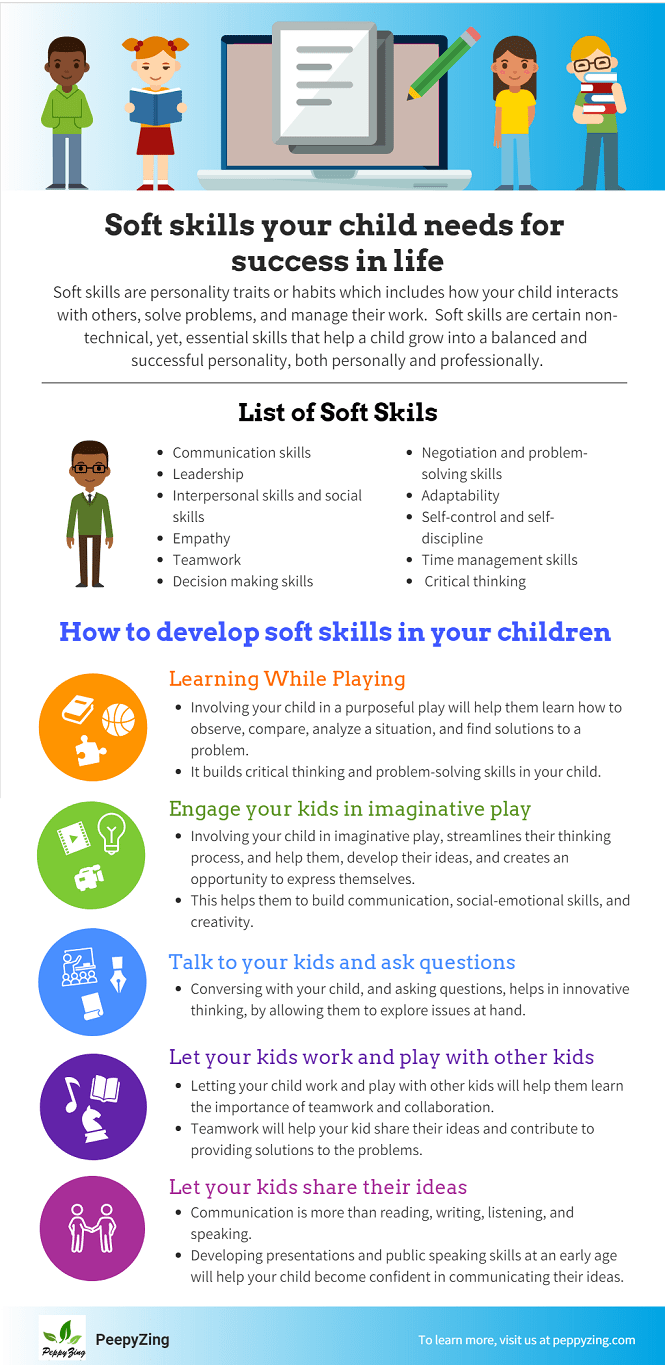
When deciding on a career you want, take the time and reflect on your personality, interests, values, and preferences. Once you have done that, you can create a short list of career options that you like. Then, narrow your list down by doing informational interviews. Last, avoid careers that have many negative aspects or are too far from your desired outcome.
Assessing your interests and values.
When choosing a career, the first step is to identify your interests, values, and personality. By doing this, you'll have a better idea of what you're good at and what you value most. This will help determine what you are most passionate about and which tasks you find rewarding.
Many tools are available to help you discover your interests and determine which occupations are best for them. Some of these tools are practical, like interest inventories. These tools are not necessarily a complete indicator but can be used to help identify the best career options.

Creating a mini-list of careers you think you'd love
It can help you narrow down your options before choosing a career. This will help you narrow down your options and eliminate occupations you don’t enjoy or don’t fit with your interests. It's also important to remove occupations that don’t offer great job prospects or require you have the training or education.
Once you have narrowed down your choices, you should consider your values and your preferences. Do you value financial security? If so, you might consider a career with flexible hours and high pay. Or do you value work-life balance? Do you have a personality type? If you have a strong work ethic, and are willing to take on responsibility, you may be interested in a job that requires leading others.
Informational interviews are a great way to narrow down your choices
Informational interviews are a great method to learn about specific industries or roles. They may not always lead you to a job but they can be a great way to narrow down your career options. The first step in using informational interviews is preparing a set of questions that you would like to ask. Arrive at the interview 15 minutes before your scheduled time. Make sure to bring a pen, paper and a list of questions. Ask as many questions as you can and get as much information about their career and plans for the future.
Do your research on the person you are interviewing and prepare thoughtful questions. Although it may seem awkward at first you will soon become more comfortable with the questions. It's much easier to be comfortable answering questions that go deeper into the subject matter if you plan ahead.

Avoid career choices that have unusually high downsides
You should look at as many options as you can when making a career choice. You should consider if the potential downsides are too great to be true. You can't make a big impact on the future field of work if you have a Plan Z job.